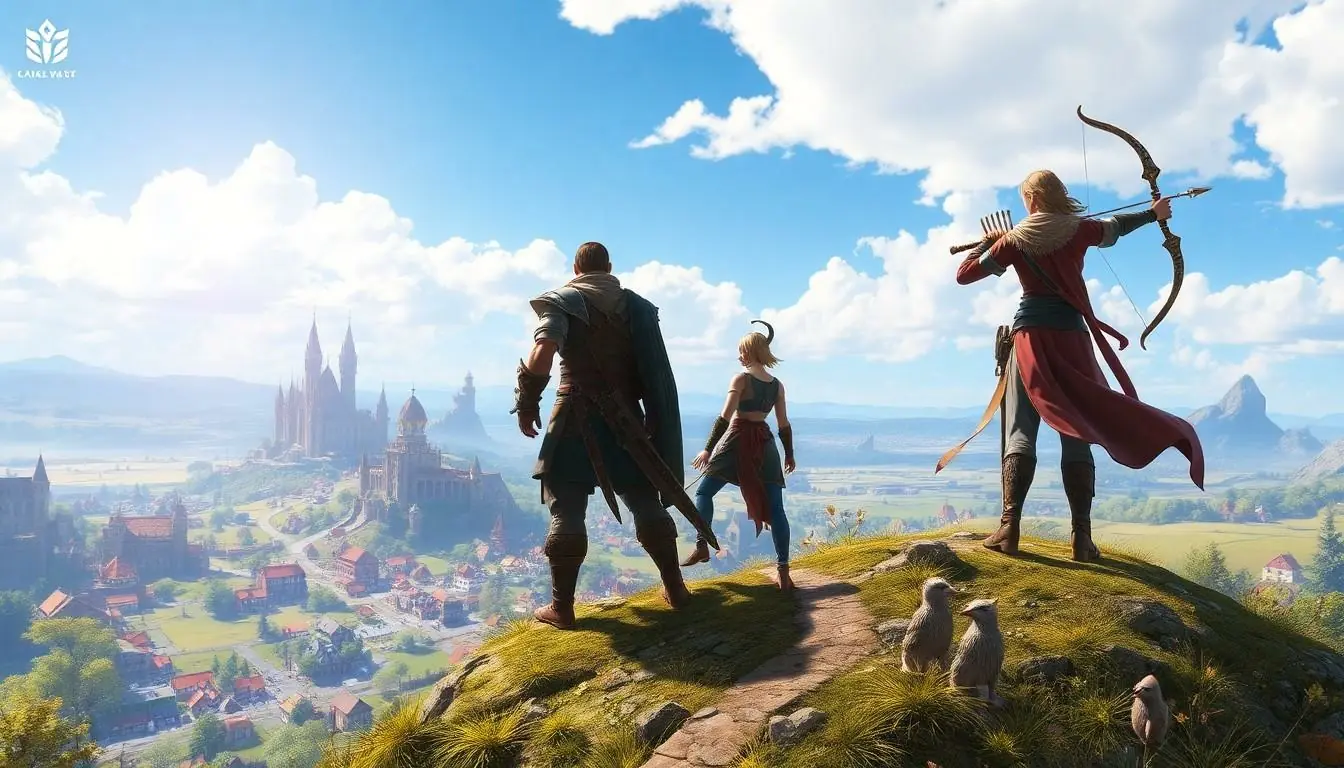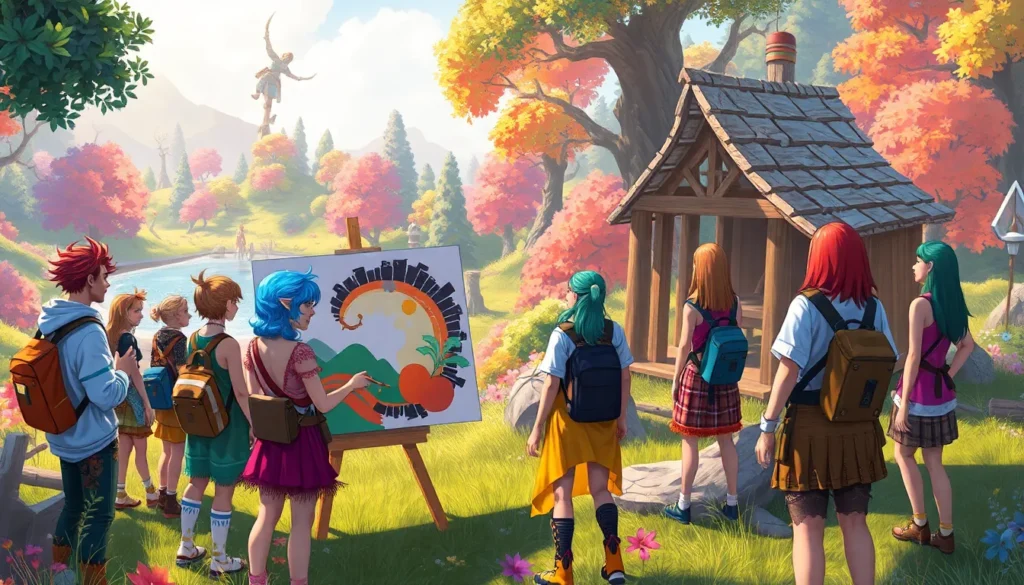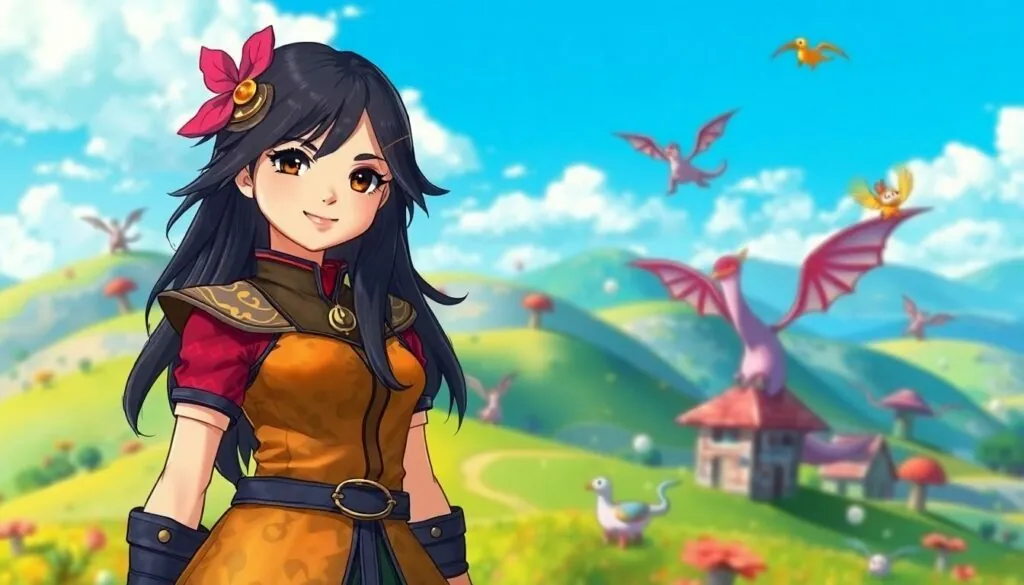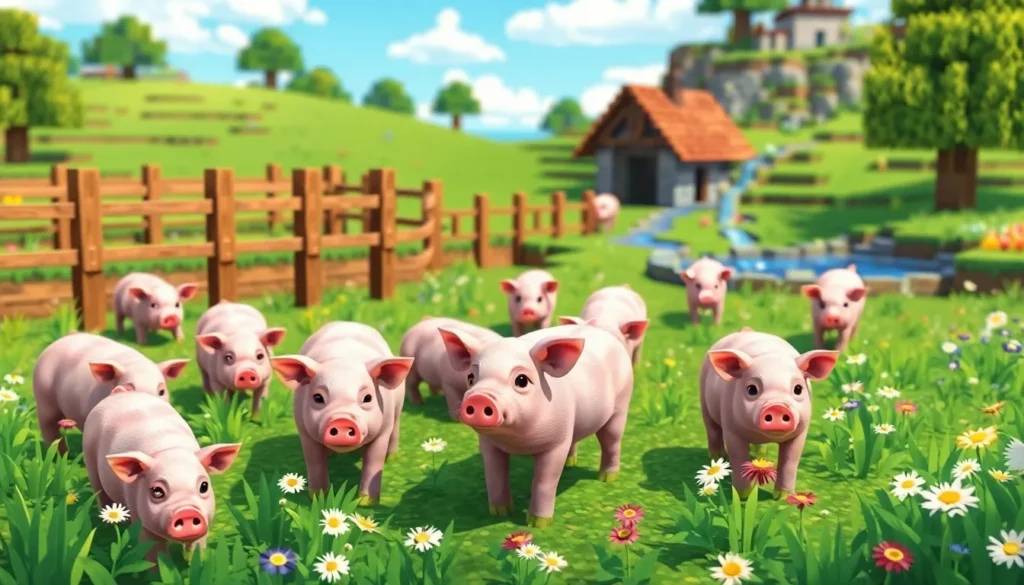In a world where dragons roam and wizards cast spells, the term MMORPG often pops up like a friendly NPC offering a quest. But what does it really mean? If you’ve ever found yourself lost in a digital realm, battling monsters alongside friends or strangers, you’re already familiar with the magic of Massively Multiplayer Online Role-Playing Games. These virtual playgrounds let players create their own heroes, embark on epic adventures, and occasionally forget to eat dinner.
Table of Contents
ToggleUnderstanding MMORPG
MMORPGs, or Massively Multiplayer Online Role-Playing Games, offer expansive virtual environments filled with quests and social interactions. Players can dive into these immersive worlds, experiencing rich storytelling and dynamic gameplay.
Definition of MMORPG
An MMORPG is a type of video game combining role-playing elements with a massively multiplayer environment. Players create unique characters, undertaking adventures alongside thousands of others. These games support large-scale user interaction, allowing people to collaborate or compete in various in-game activities. Notably, titles like “World of Warcraft” and “Final Fantasy XIV” exemplify the MMORPG genre.
Key Characteristics of MMORPGs
Several defining characteristics set MMORPGs apart from other game types. First, immersive worlds contain vast landscapes filled with diverse characters and engaging quests. Secondly, character customization options enable players to tailor their avatars, including skills and appearances. Players often engage in real-time interactions, forming communities and alliances. Additionally, items and currencies foster a trading system, enhancing the social experience. Frequent updates and expansions keep gameplay fresh, drawing players back to explore new content.
The Evolution of MMORPGs
MMORPGs have undergone significant transformations since their inception. Early games, like MUD (Multi-User Dungeon), introduced players to text-based environments in the late 1970s. This pioneering format laid the groundwork for graphical MMORPGs, which gained momentum in the late 1990s.
Historical Background
In the 1990s, the first major graphical MMORPGs emerged. Titles like Ultima Online and EverQuest set the stage by providing immersive worlds and social interaction. These games featured large, persistent environments and real-time gameplay. Players could embark on quests and form communities, significantly expanding on the text-based gameplay of previous decades. With continuous evolution, MMORPGs began integrating sophisticated graphics, narrative depth, and complex game mechanics, attracting diverse audiences worldwide.
Popular MMORPGs Over the Years
World of Warcraft launched in 2004, rapidly becoming a cultural phenomenon. This game boasted millions of subscribers and redefined MMORPG standards with its quests, raids, and vast landscapes. Other titles like Final Fantasy XIV and Guild Wars 2 contributed to the genre’s diversity, each bringing unique mechanics and storytelling elements. The rise of free-to-play models in titles like Guild Wars and Elder Scrolls Online expanded accessibility, allowing more players to explore expansive worlds. As trends evolved, hybrid elements emerged, combining MMORPGs with battle royale and esports features, shaping the future of online gaming.
The Appeal of MMORPGs
MMORPGs captivate players through engaging mechanics and community involvement. These elements contribute to their ongoing popularity.
Community Engagement
Players thrive in the vibrant social landscapes provided by MMORPGs. Online forums and in-game chats foster collaboration and friendship. Guilds and clans enhance collective experiences, allowing members to tackle challenges as a group. Events like raids and competitions encourage teamwork and shared victories. Moreover, players often develop lasting relationships, with some meeting in person after forming connections online. Social media communities surrounding these games continue to grow, allowing players to share experiences and strategies. Overall, community engagement reinforces the MMORPG experience, making it more than just a game.
Immersive Gameplay Experience
Immersion in MMORPGs draws players into captivating, richly detailed worlds. Dynamic storylines unfold through quests, where each choice affects the game’s outcome. Players customize their avatars, investing time in crafting unique identities. Expansive environments, filled with stunning graphics and sound effects, create a sense of presence. Interactive elements, such as trading and crafting, deepen immersion further. Live events and frequent updates keep the experience fresh and evolving. This continuous engagement ensures players feel connected to the game, enhancing their overall enjoyment.
Challenges in MMORPGs
MMORPGs face various challenges that impact player experience and community dynamics.
Technical Issues
Technical issues often hinder gameplay in MMORPGs. Connectivity problems can disrupt sessions, leading to frustration. Players might experience lag, causing delays in actions during critical moments. Server downtime can prevent access to the game entirely, disappointing many. Bugs and glitches affect game mechanics and may lead to unfair advantages or disrupt progression. Developers address these concerns through regular updates and maintenance. Despite their efforts, these issues can still diminish the immersive experience.
Player Behavior and Ethics
Player behavior significantly influences the community in MMORPGs. Toxicity among players can create an unwelcoming atmosphere. Harassment or cheating undermines fair competition and enjoyment for others. Developers implement reporting systems to combat such behavior. Additionally, negative interactions may lead to player attrition, impacting the game’s longevity. Respecting others and fostering a positive environment remains crucial for sustained player engagement. Community guidelines help establish acceptable behavior standards and encourage collaboration among players.
Conclusion
MMORPGs have transformed the gaming landscape by offering vast, immersive worlds where players can create their own adventures. These games foster community and collaboration, allowing individuals to connect and form friendships through shared experiences. The evolution of MMORPGs reflects the industry’s innovation, adapting to player preferences and technological advancements.
As these games continue to grow in popularity, developers are focusing on enhancing player experience while addressing challenges that arise within the community. The combination of engaging gameplay, dynamic storytelling, and social interaction ensures that MMORPGs remain a captivating choice for gamers seeking both adventure and camaraderie.






